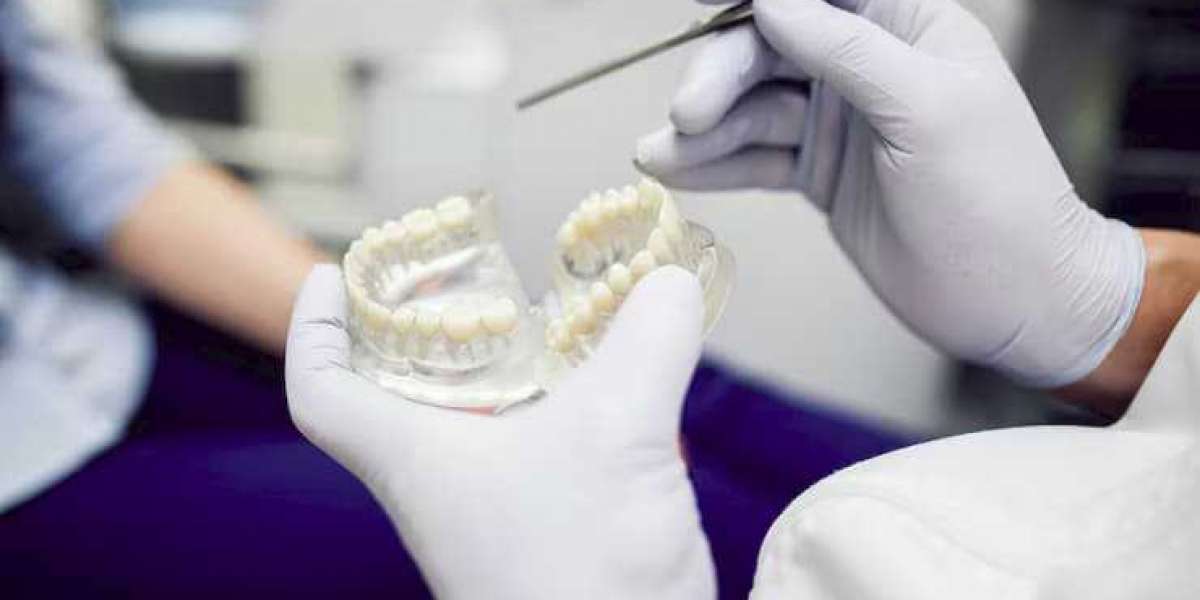When it comes to dental care, understanding the longevity and durability of dental crowns is essential for anyone considering this restorative option. Dental crowns serve as a protective covering for damaged or decayed teeth, restoring their function and appearance. This article delves into the factors that influence the lifespan of dental crowns, providing insights from experienced dentists in Riverpark. In addition, it discusses the materials used in crown fabrication and the importance of proper dental hygiene in enhancing their longevity.
Understanding Dental Crowns
Dental crowns are custom-made caps that fit over a tooth, providing strength and protection. They can be crafted from various materials, including porcelain, metal, resin, or a combination of these. Each material offers distinct advantages and disadvantages, affecting not only the crown's appearance but also its durability and longevity.
Porcelain crowns, for instance, are favored for their aesthetic appeal; they closely mimic the natural appearance of teeth, making them ideal for front teeth restorations. However, they can be more susceptible to chipping compared to their metal counterparts. Metal crowns, on the other hand, are known for their strength and are often used for back teeth where chewing pressure is greatest. Understanding these differences is crucial for making an informed decision about which type of crown is most suitable for individual needs.
Factors Influencing Longevity
Several factors play a significant role in determining how long dental crowns last. Primarily, the material used in the crown affects its durability. For instance, metal crowns typically last longer than porcelain crowns, with many lasting between 10 to 15 years or even longer with proper care. Porcelain crowns, while aesthetically pleasing, may require replacement sooner, often within 5 to 10 years.
Another critical factor is the underlying tooth structure. If a tooth has significant decay or damage, the crown may not adhere as well, potentially leading to complications that could shorten its lifespan. Additionally, the quality of the dental work performed during the crown placement is paramount. A poorly fitted crown may lead to issues such as decay underneath the crown or gum disease, both of which can compromise the crown's longevity.
Dental Hygiene and Maintenance
Maintaining proper dental hygiene is vital for prolonging the life of dental crowns. Patients should continue to practice regular brushing and flossing, ensuring that the area around the crown remains clean. Neglecting oral hygiene can lead to plaque buildup, which can cause decay and gum disease, ultimately jeopardizing the crown's stability.
Routine dental check-ups are equally important. A dentist can monitor the condition of the crown and the underlying tooth, addressing any potential issues before they escalate. Dentists in Riverpark emphasize that preventive care is essential not only for the longevity of dental crowns but also for overall oral health. Regular cleanings and examinations can help identify problems early, ensuring that the dental crowns serve their purpose effectively.
Signs That a Crown May Need Replacement
Despite the best efforts in maintaining dental crowns, there are instances where replacement becomes necessary. Patients should be vigilant for signs that indicate a crown may be failing. These signs include discomfort or pain around the crown, visible cracks or chips, or changes in the color of the crown. Additionally, if there are signs of decay or swelling in the gums surrounding the crown, it is crucial to consult a dentist promptly.
In some cases, a crown may become loose or dislodged, which can be alarming. A loose crown can lead to further complications, including damage to the underlying tooth. If such a situation arises, it is important to avoid trying to reattach the crown yourself and seek professional dental help immediately.
The Role of Lifestyle Choices
Lifestyle choices can significantly impact the lifespan of dental crowns. Activities such as grinding teeth (bruxism) can put excessive pressure on crowns, leading to premature wear and tear. Patients who are aware of their teeth grinding habits should consult their dentist about potential solutions, which may include night guards or other preventive measures.
Diet also plays a crucial role. Consuming hard foods, such as ice or hard candies, can chip or crack dental crowns. Dentists in Riverpark often advise patients to be mindful of their dietary choices and to avoid such habits to help extend the life of their dental restorations.
Conclusion
In summary, the longevity of dental crowns is influenced by various factors, including the materials used, the quality of dental work, and the patient's commitment to oral hygiene and maintenance. While dental crowns can last anywhere from 5 to 15 years, understanding the importance of care and lifestyle choices is essential for maximizing their lifespan. For those considering dental crowns in Riverpark, it is crucial to consult with a qualified dentist who can provide personalized recommendations based on individual needs.
If you're seeking high-quality dental care and personalized solutions for your oral health needs, look no further than Clove Dental. Our dedicated team is here to help you achieve a healthy smile that lasts. Contact us today for a consultation and take the first step towards optimal dental health!







